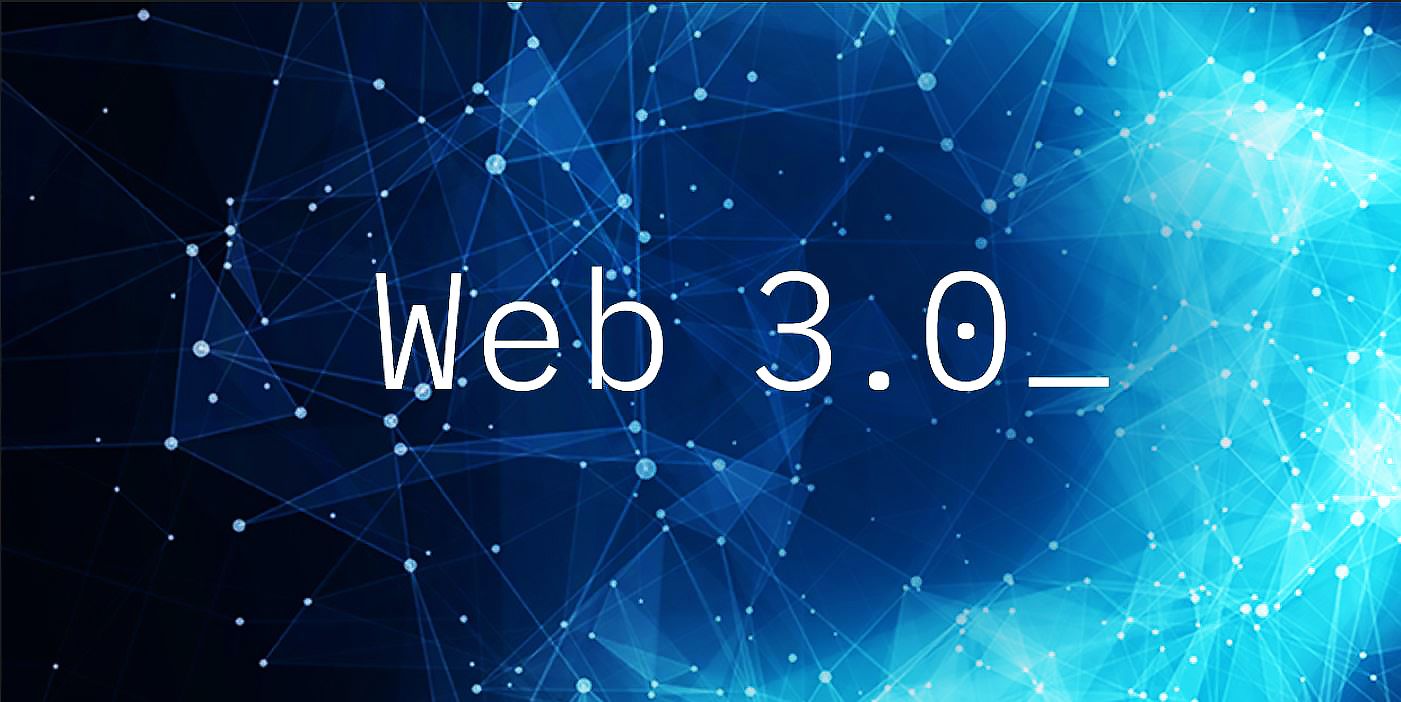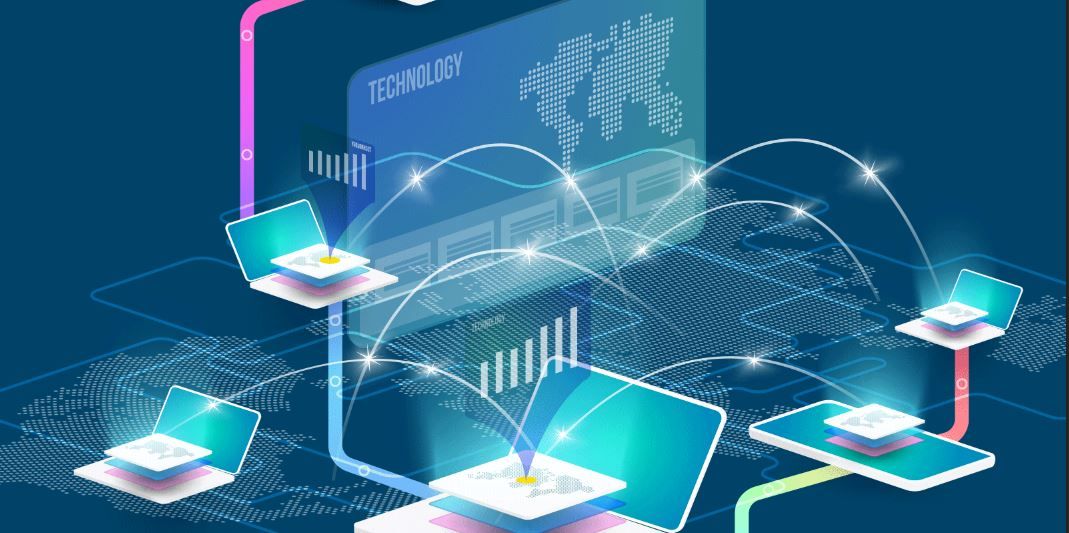Web 3.0 is a proposed third iteration of the internet that's promised to enable a whole host of features, which most popularly may decentralize control of internet content. Like the blockchain has been doing for a while, Web 3.0 is creating quite the stir leaving many people scratching their heads to figure out what it's all about. Like any other type of technology, the internet landscape is constantly advancing to meet the growing demands of society. Staying informed and educated on what's next for the internet will save users some digital whiplash from the changes that web 3.0 brings — if it actually becomes a thing.
As the name implies, there have been two versions of internet computing, progressively adding more and more internet services that open up new digital doorways. Web 1.0 was the initial phase of the world wide web that showcased information, but it was limited in ability, clunky to maneuver, and didn't offer many ways to monetize content. Web 2.0 enhanced its predecessor by sorting information on websites (thank you, Google!), allowing information freely to flow from site-owner to user, and introducing tools for users to generate content. Many people are now calling for a new generation of the web that will tackle internet flaws that the latest generation is pointing out.
Web 3.0 is being promoted heavily because content creators are outraged that only a few large corporations own most of the websites, and they want a way to take the power back. Newsfeeds are riddled with narratives that large social media entities like Twitter reap all the rewards from content generation. Technocrats are calling for a new edition of the web built on the blockchain, which would hopefully make content-creators owners of their content and allow them to monetize it accordingly. Rather than a company receiving royalties off of content, web 3.0 would allot each content creator a token on the blockchain every time a user accessed their content which would accrue tangible monetary value.
Web 3.0 Decentralized Through the Blockchain
Despite tons of hype and many investors becoming rich off of crypto, there's no telling when the blockchain will embed itself that deep into technology. There's been slow adoption across industries as governing bodies figure out the best way to regulate the blockchain. As a result, content creators might be waiting quite some time until they receive blockchain tokens on web 3.0. However, that doesn't mean that it won't happen or that web 3.0 won't encompass some other method of decentralizing content.
Web 3.0 is said to hopefully comprise other noteworthy features, like infusing AI into internet processing that replicates how humans distinguish information. Web 3.0 may potentially validate information quickly and serve it up faster to users. The new internet version may also play nicely with the new metaverse that's being promoted by tech giants like Microsoft, Apple, Facebook and Google. Web 3.0 may allow 3-d designs of websites and might also integrate IoT devices into its periphery.
Regardless of tech-evangelists shouting in every corner of the internet about web 3.0, the proposed new internet version has some opponents who chalk the whole thing up to "vaporware." There isn't any tangible evidence to support anything about web 3.0, as there's currently no beta in the works, only a bunch of brainstorming and investments taking place to get a web 3.0 project off the ground. Still, it isn't hard to stay a believer, as there were people who scoffed at the idea of the internet when web 1.0 was being introduced. There's still plenty of reason to be hopeful that one day the world will turn into a content utopia that pays users fairly.
Sources: GeeksforGeeks, Business Insider, NPR, Fortune


